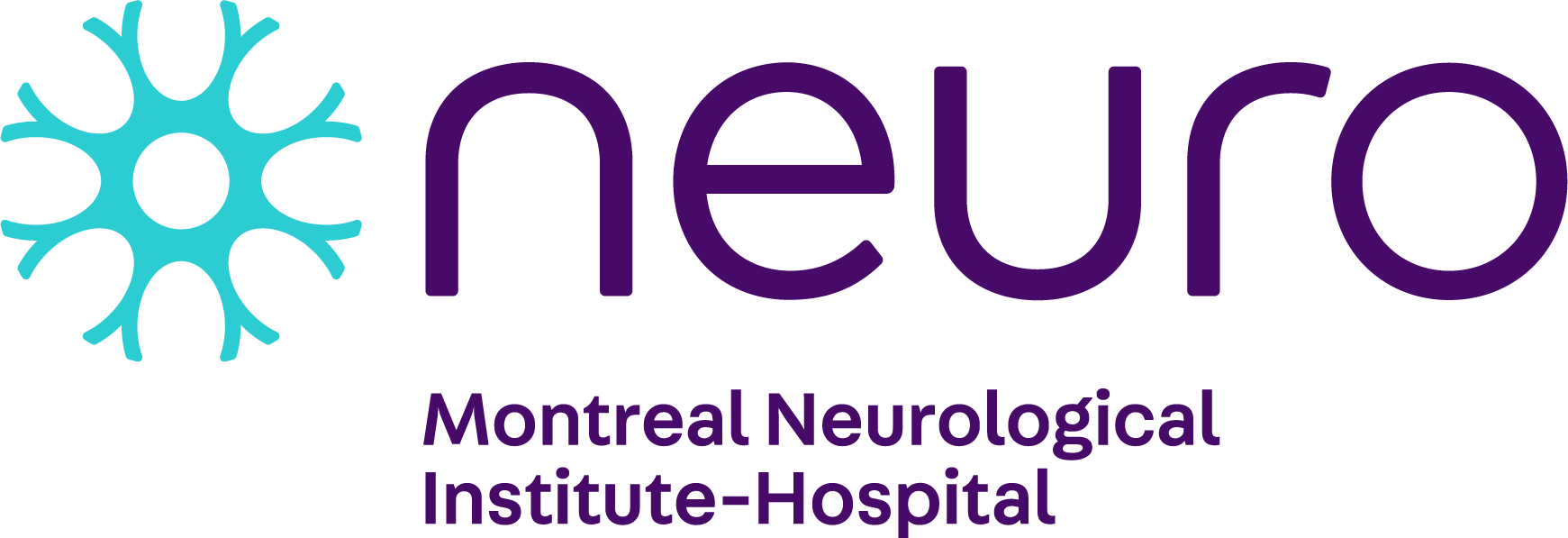
Deconstructing glioblastoma complexity reveals its pattern of development
Study identifies rapidly dividing cancer stem cells that can respond to new therapies
Brain cancers have long been thought of as being resistant to treatments because of the presence of multiple types of cancer cells within each tumor. A new study uncovers a cancer cell hierarchy that originates from a single cancer cell type, which can be targeted to slow cancer growth.

Brain tumour awareness week
Providing excellent care and the latest research to help patients
The Brain Tumour Foundation of Canada estimates that 27 Canadians a day are diagnosed with a brain tumour and 55,000 are living with one. This Brain Tumour Awareness Week we recognize the toll this disease takes on patients and the work being done to improve their quality of life.

Brain cancer fundraiser leads to important discovery
Brain cancer begins in stem cells, targeting them may prevent tumour growth
Researchers at the Montreal Neurological Institute and Hospital (The Neuro) have found an exciting new way of treating brain cancer.
Late stage brain cancer cells are heterogeneous — they differ down to the molecular level. This makes developing treatments at this stage difficult, because a drug that may be effective against one cell may not be effective against another.

Cancer probe chosen for top science discovery
2017 Québec Science Discovery of the Year Award goes to the cancer-detection probe developed by��Kevin Petrecca and Frédéric LeblondQuébec Science magazine’s 25-year tradition continues: every fall, a jury comprised of researchers and journalists selects the top 10 most impressive discoveries in Quebec in the past year and the public is asked to vote to select the winner.

The Neuro’s top brain cancer fundraiser returns
A Brilliant Night has donated a total of $1.6 million since 2015A night dedicated to the memory of those lost to brain cancer and in honour of those still fighting the disease will raise money for research that will lead to better treatments.

An infallible hand-held probe to aid cancer surgery
Canadian researchers have invented an intraoperative probe that reliably detects multiple types of tumour cells��Patients with common widespread forms of cancer will enjoy longer life expectancy and reduced risk of recurrence thanks to a multimodal optical spectroscopy probe developed by Canadian researchers.��

A Brilliant Success
A Brilliant Night raises $1 million for brain cancer research
A Brilliant Night raised an astounding $1 million for brain cancer research at its gala event on Oct. 19.

A Brilliant Night 2016
Inspiring event to raise money for brain cancer research
An evening filled with personal stories from those whose lives have been affected by brain cancer will once again contribute to the fight against the disease.

Continuing the fight against brain cancer
Fundraiser to support research to help defeat cancer suffered by Tragically Hip frontman
��
With the farewell concert of legendary Canadian band The Tragically Hip now past, The Neuro is asking the public to not forget the toll brain cancers take on Canadians, and the need to find new therapies.

The Neuro enrolls Canada’s first patient in a new clinical trial for the treatment of brain tumours
Dr.

More than $604,000 Raised for the Fight Against Brain Tumours
Montreal, Quebec (October 22,��2015)��– Last night the inaugural A Brilliant Night - a gala fundraiser to benefit The Montreal Neurological Institute and Hospital -The Neuro- at ƽ���岻�� and the MUHC, raised more than $604,000 for brain tumour research.

A Brillant Night - Raising awareness and funds for brain tumor research
Join us for the first edition of A Brilliant Night at the spectacular new Rio Tinto Alcan Planetarium in Montreal for a unique event on October 21st to support the latest in brain tumor research at the Montreal Neurological Institute and Hospital – The Neuro, at ƽ���岻�� and the ƽ���岻�� Health Centre.
A BRILLIANT CAUSE

Revolutionary new probe zooms in on cancer cells
Improves tumour surgeries and extends survival times for brain cancer patients
VIDEO: http://bit.ly/1EYjsTV




